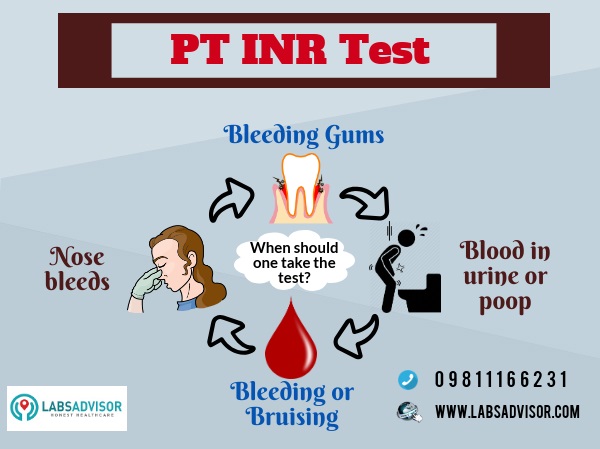

Second, he said, opioids aren’t very effective in these situations. Gary Franklin, a research professor at the University of Washington and medical director of the Washington Department of Labor and Industries. “After 12 weeks, you will have severe withdrawal attacks if you stop taking these drugs,” said Dr. (Photo by John Moore/Getty Images) John Moore/Getty Images North America/Getty Images The CDC estimates that most new heroin addicts first became hooked on prescription pain medication before graduating to heroin, which is stronger and cheaper. Centers for Disease Control (CDC), announced guidelines for doctors to reduce the amount of opioid painkillers prescribed, in an effort to curb the epidemic. Communities nationwide are struggling with the unprecidented opioid pain pill and heroin addiction epidemic. NORWICH, CT - MARCH 23: Oxycodone pain pills prescribed for a patient with chronic pain lie on display on Main Norwich, CT. You’re also at a higher risk for addiction if you have a history of a psychiatric disease, including depression or anxiety, she added.Įxperts generally agree that opioid painkillers are a good choice in certain situations, such as if you’re suffering from cancer pain or you’ve just had major surgery.īut on the other end of the spectrum, they say these drugs are bad choices for chronic pain, such as headaches or back pain.įirst, chronic pain needs a long-term solution, and your chances of becoming dependent on opioids goes up the longer you take them. Jane Ballantyne, professor of anesthesiology and pain medicine at the University of Washington and president of Physicians for Responsible Opioid Prescribing. You’re more prone to becoming addicted to prescription painkillers if you or someone in your family has a history of substance abuse, and that includes legal and illegal drugs, alcohol and tobacco, according to Dr. Obama: Addiction is a preventable disease Sanjay Gupta during the National Rx Drug Abuse and Heroin Summit. So, here are questions you should ask your doctor – and yourself – before saying yes or no to your doctor’s offer of a prescription for opioid painkillers.Īm I at a high risk for becoming addicted to these painkillers? Still, the analysis noted that few patients planned to dispose of the drugs as the Food and Drug Administration recommends – and that can lead to dangerous non-medical use. Patients said they stopped taking them because their pain was under control, or because they experienced adverse effects. The studies found 67% to 92% of patients reported having unused opioids. The medical journal JAMA Surgery recently published a review of six studies that included 810 patients, all of whom had surgery. doctors wrote nearly 207 million prescriptions for opioid painkillers, according to the National Institute of Drug Abuse, to treat everything from cancer and post-surgical pain to bone fractures and headaches.Įven once people have medications in hand, many don’t finish their prescriptions. A generic photo of prescription drugs Paul J.Richards/AFP/Getty Images


 0 kommentar(er)
0 kommentar(er)
